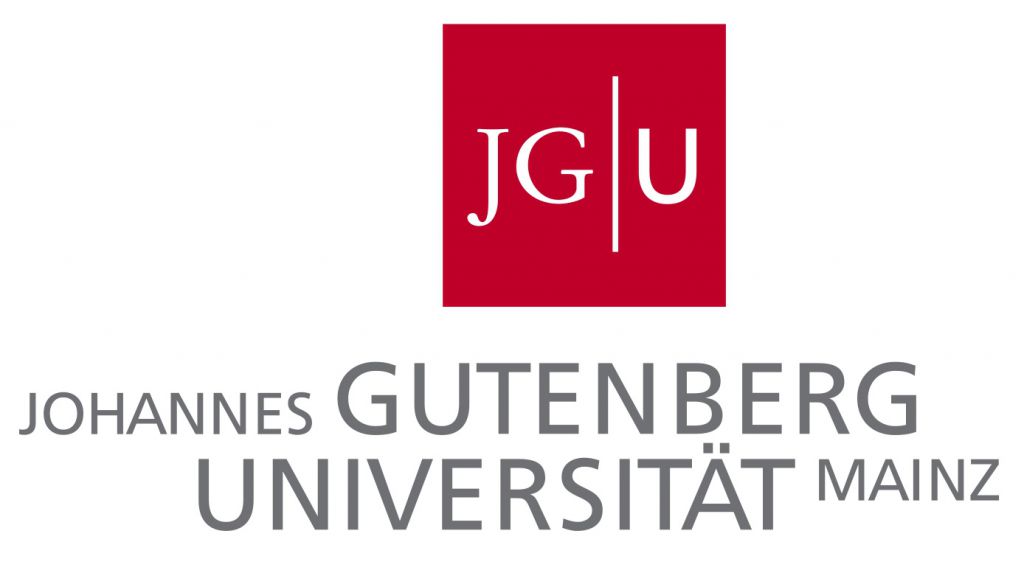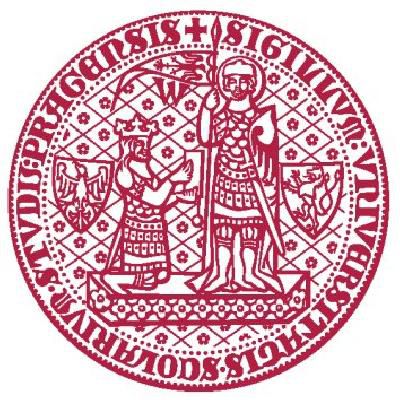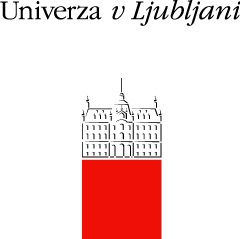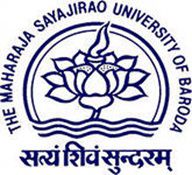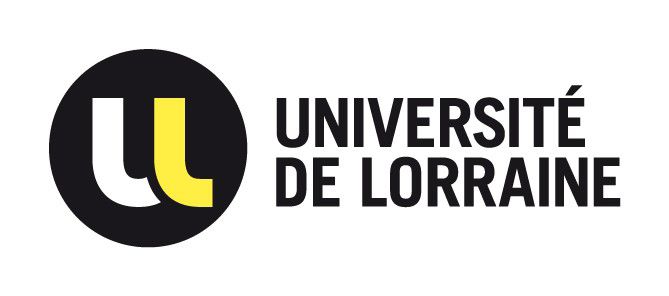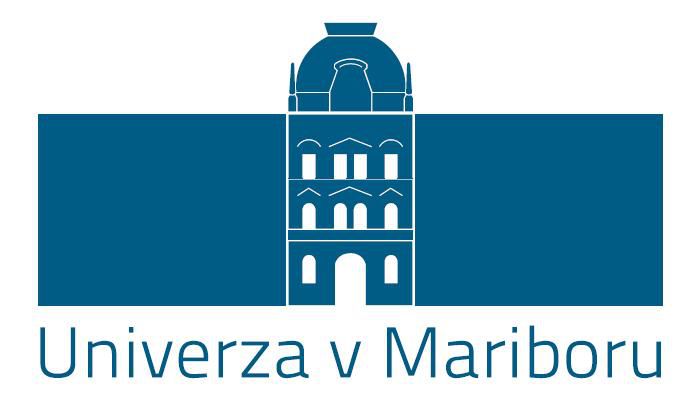Applicants
171 – ELECTRONICS
Knowledge branch: Electronic and Telecommunications Educational program: Electronic Information Systems
ACTUALITY
The current state of science and technology development is characterized by an increasing electronics role in all branches of human activity. According to statistics, up to 80% from the entire world industry is electronics. Everywhere we encounter electronic devices and systems, which include: sensors of various functional purposes; microprocessor devices and object control systems; communication devices and telecommunication systems; computer systems. The object of professional activity of education programme specialists «Electronic information system» is the sensor systems, Internet technologies, computer vision systems, local and global computer networks, devices and information display systems, fiber optic lines communications, systems of computer processing of the results of experimental research, development of new functional materials in the form of granulated or high-entropy film alloys, magneto-inhomogeneous structures and studying their properties.
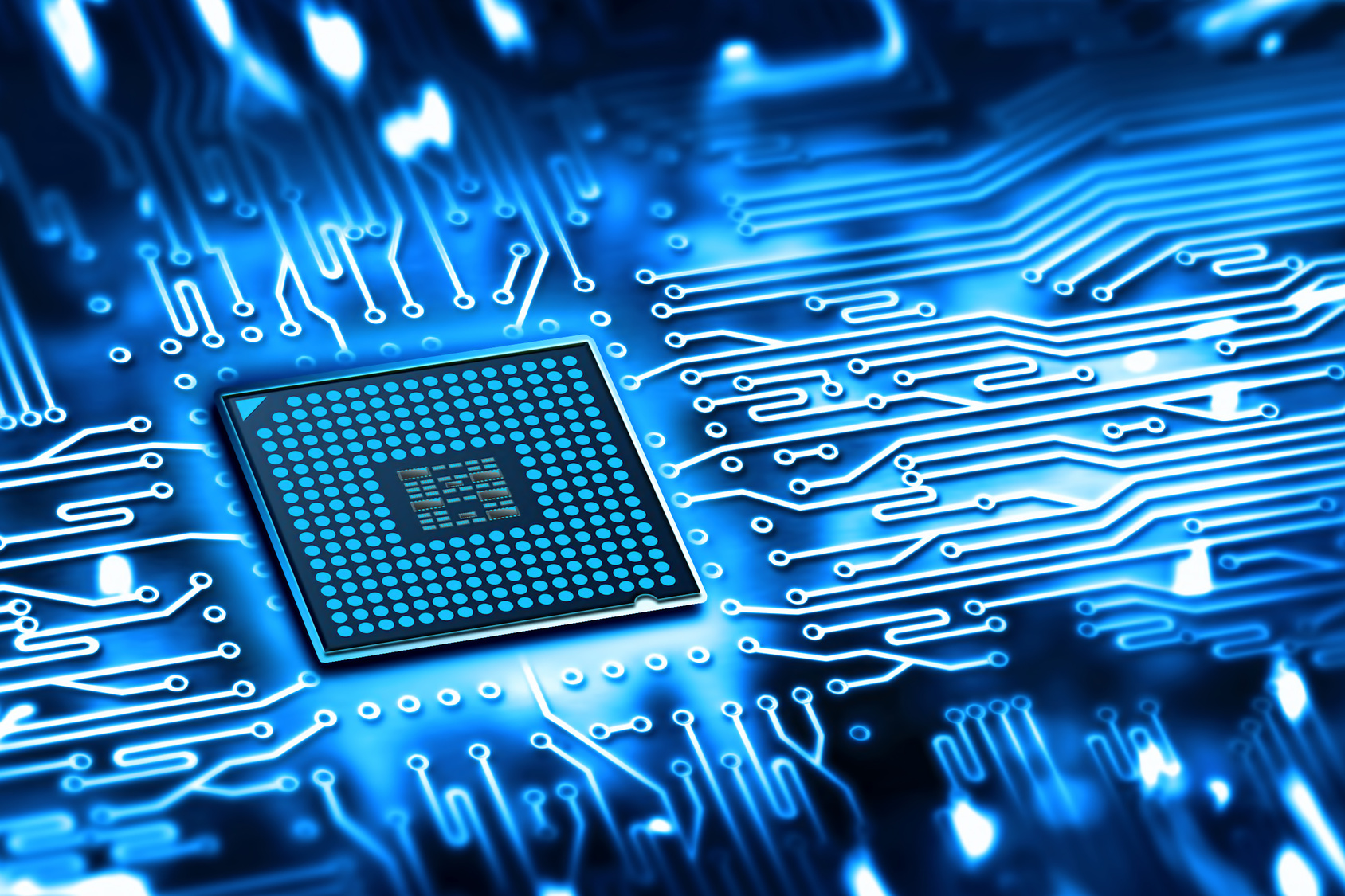
SPECIALIST TRAINING
Students of the specialty «Secondary education. Physics» are undergoing fundamental and professional training for electronic instrumentation, spintronics and sensor technology based on nanomaterials. All this provides students with a deep understanding of the functioning principles of modern devices – from mobile phones and automotive electronics to robotic complexes, computerized automatic lines, fiber optic communication systems and power supplies, including smartphone and laptop chargers.
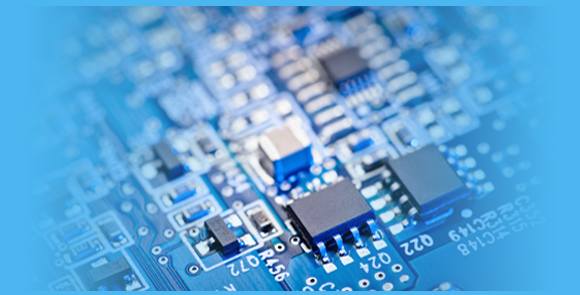
EMPLOYMENT
The educational program «Electronic information systems» of specialty «Electronics» is the universal graduate training, which provides employment in positions: in Research institutes and Industrial enterprises, which working in branch information systems, modern areas of microprocessing, sensor technology, nanoelectronics and spintronics; Educational institutions (schools, professional lyceums, technical schools, higher educational institutions); IT companies and computer firms, which are engaged in the production, programming, maintenance and repair of computer and sensor technology; enterprises engaged in production and operation of electronic equipment, sensory and robotics systems.
Graduates of the magister’s degree can get a Doctor Philosophy degree and Doctor Science degree in the specialty «Applied Physics and Nanomaterials» at the Department of Electronics, General and Applied Physics and at the foreign institutions: Institute of Nuclear Physics (Krakow, Poland), Institute of Physics (Bratislava, Slovakia), Technical University (Lublin, Poland), Karlov University (Prague, Czech Republic), University by Johannes Gutenberg (Mainz, Germany) and Universite Lorraine (Nancy, France).
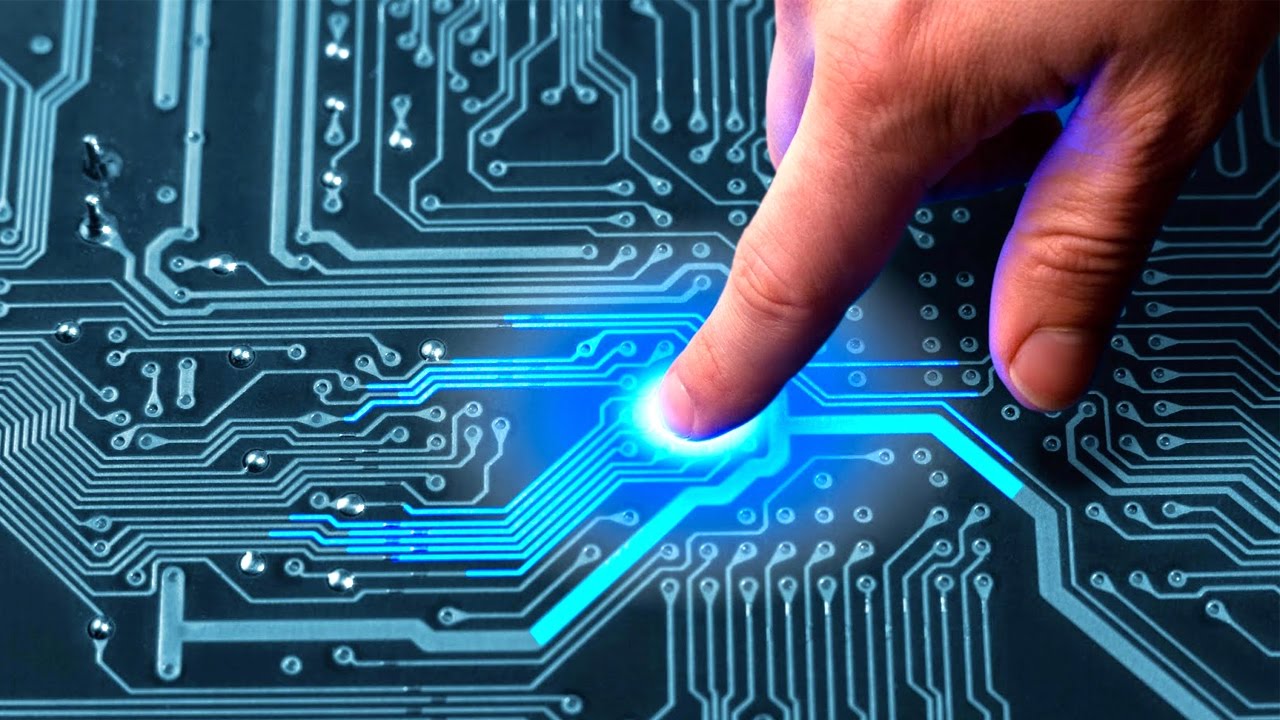
104 – SECONDARY EDUCATION. PHYSICS
Knowledge branch: Secondary Education Educational program: Physics
ACTUALITY
Physics is a fundamental science, without the study of which it is impossible to any the technical branches develop. The physical laws discovery contributed to the fact that all inventions were in the process of continuous improvement, aimed at creating new, more functional technical means. Studying natural phenomena, the variety of which is represented by the outside world, a person sought to conquer them, to make them serve for good, which contributed to the creation of products of man-made labor. Scientists-physicists tend not only to discover natural phenomena, but also to systematize their common properties, to come to a perfect understanding of the surrounding matter. The laws of physics are subject to all branches of modern science, technology and production. The rapid development of scientific and technological progress has made the knowledge of the physical foundations of any technical industry the most in demand among specialists, as the area of this knowledge is necessary in the design of radio engineering and electronic media, in the field of both theoretical and experimental research, in the development and industrial production of integral chips, sensor systems, computer vision systems, computer networks, fiber optic communication lines, spintronic devices.

SPECIALIST TRAINING
Students of the specialty «Secondary education. Physics» are undergoing fundamental and professional training in physics, computer science, methods of teaching physics and computer disciplines, psychology and pedagogy, and at the same time, they receive additional knowledge in the mathematics, nanotechnology and electronics branch during the training process. By choosing this specialty for themselves, students will discover boundless fascinating world of nature and will also be able to leave their mark in modern science, engaging in research work.
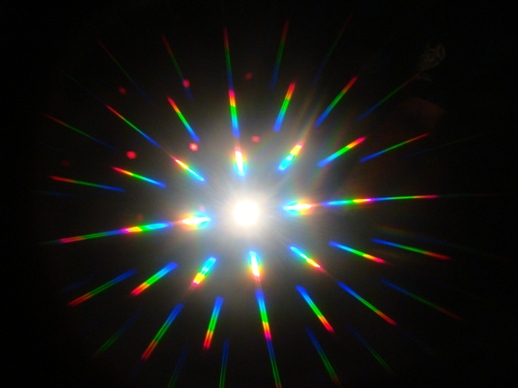
EMPLOYMENT
The educational program «Physics» of specialty «Secondary education. Physics» is the universal graduate training, which provides employment in positions: educational institutions (school teachers, teachers of lyceums, technical schools and higher educational institutions, directors of educational institutions ; heads of administrative and managerial educational departments); research institutes and industrial enterprises (leading researchers, heads of research institutions and laboratories, engineering positions associated with the development and implementation of software products), which work involves the use of information systems, modern branches of microprocessing, sensory engineering and nanoelectronics; IT companies (NetCracker, PortaOne, MindK, etc.).
Graduates of the bachelor’s degree have the opportunity to undergo parallel training at the universities of the Czech Republic and Poland and internships at the Nuclear Physics Institute (Krakow, Poland), Institute of Physics (Bratislava, Slovakia), University by Johannes Gutenberg (Mainz, Germany) and Universite Lorraine (Nancy, France).

The department has for many years supported and develops fruitful international contacts with scientists from different institutions:
Institute of Nuclear Physics of the Polish Academy of Sciences (Krakow), Institute of Physics (Bratislava, Slovakia), University of Ljubljana (Slovenia), Baroda University (Vadodara, India), Institute of Physics of the University named after. J. Gutenberg (Mainz, Germany) and the University of Lorient (Nancy, France).

